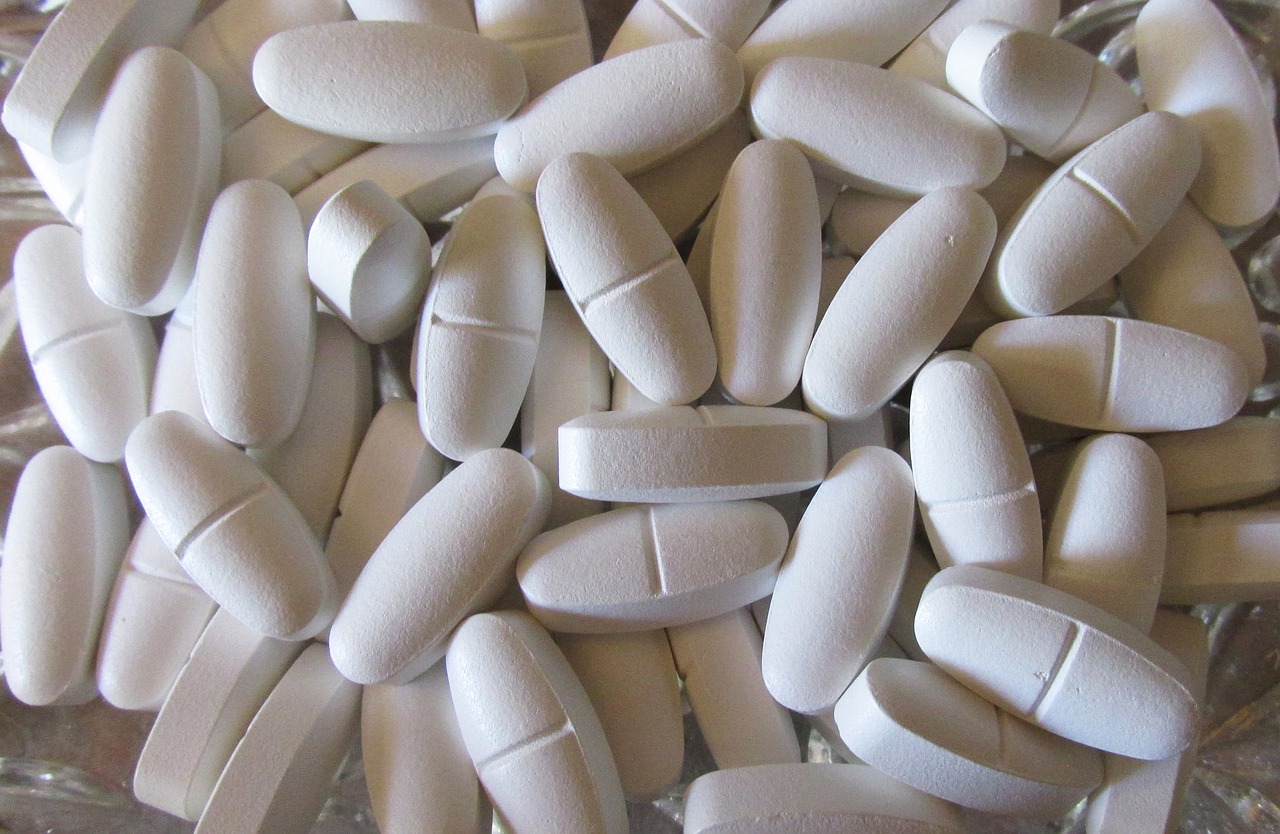What are liver function tests?
These tests (also called liver function panels) use a blood sample to measure various substances produced by the liver.
The most common liver function tests measure:
- Albumin : Protein produced in the liver
- Total protein : Measures the total amount of protein in the blood, including albumin and globulins. These proteins are produced mainly in the liver
- ALP (alkaline phosphatase), ALT (alanine transaminase), AST (aspartate aminotransferase) and GGT (gamma-glutamyl transferase): These are enzymes that are mainly produced in the liver. Enzymes are proteins that speed up certain chemical reactions in your body
- Bilirubin : A waste product your body produces when it breaks down old red blood cells. Your liver removes most of the bilirubin from your body
- Lactate dehydrogenase (LDH) : Enzyme found in most tissues of the body, but some of the largest amounts are found in the liver
- Prothrombin time (PT) : Measures how long it takes for blood to clot. Prothrombin is a protein involved in blood clotting. It is produced in the liver
Some of these tests can show how well your liver is working, and others can show whether your liver may be damaged by liver disease or injury . But in general, liver function tests alone can’t diagnose specific diseases. So if your results are abnormal, you’ll usually need other tests to find the exact cause.
Alternative names: liver tests, liver function panel, PFH, liver function tests, liver profile
What are they used for?
Liver function tests are often used to help:
- Know if liver disease or damage could be causing certain symptoms
- Find out how serious liver disease is after it has been diagnosed
- Monitor liver disease over time and/or find out how well treatment is working
- Check the side effects of certain medications that can affect the liver
Why do I need liver function tests?
Many liver function tests are included in a common blood test called a comprehensive metabolic panel (CMP) . A PMC is often ordered by your healthcare professional as part of your routine checkup to screen for liver and other diseases.
You may also need liver function tests if you have symptoms of liver disease or damage. These include:
- Nausea and vomiting
- Lack of appetite
- Fatigue
- Weakness
- Jaundice : Causes a yellowish tint to the skin and eyes
- Swelling and/or abdominal pain
- Swelling in your ankles and legs
- Dark urine and/or light-colored stools
- Frequent itching
Even if you don’t have symptoms, you may need to get tested if you are at high risk of liver damage. Your risk may be high if:
- Have a family history of liver disease
- Have alcohol use disorder
- You have obesity
- have diabetes
- Have been taking medications that can cause liver damage
- You have hepatitis or have been exposed to hepatitis (inflammation of the liver due to infection or injury)
If you already have liver disease, you may need to have a test to monitor your condition and/or see how well your treatment is working.
What happens during liver function tests?
The health care provider takes a blood sample from a vein in your arm with a small needle. After inserting the needle, he draws some blood and places it in a test tube or flask. He may feel mild discomfort when the needle is inserted or removed, but the procedure usually takes less than five minutes.
Should I do anything to prepare for the test?
Your healthcare professional will tell you how to prepare for your test. You will probably need to fast (not eat or drink) for 10 to 12 hours before the test. Certain medications can affect your test results. So tell your health care professional about everything you take. But don’t stop taking any medication unless your healthcare professional tells you to.
Does this test have any risks?
The risks of a blood test are minimal. You may feel mild pain or bruise where the needle is inserted, but most symptoms go away quickly.
What do the results mean?
Understanding abnormal liver function test results is often difficult, so it’s best to ask your health care professional to explain what your results say about your health.
If any of your liver function test results are not normal, your health care professional will compare the results of all the substances that were measured. This is done to look for certain patterns of normal and abnormal results that suggest different types of liver diseases.
In general, liver function test results can indicate whether:
- Your liver is inflamed, which means you have hepatitis
- You have hepatitis from drinking alcohol or other causes, such as an infection
- Your liver is not working well and how weak it has become
- You have a problem with your bile ducts . Bile is a digestive “fluid” produced by the liver. The bile ducts are the tubes that carry bile through the liver and out of the liver.
- Medications are damaging your liver and how serious the damage is
Abnormal results don’t always mean you have a problem with your liver. Other conditions can cause high or low levels of certain substances that these tests measure. For example, high levels of ALP can be a sign of bone or liver disease. So your health care provider will also consider your symptoms, medical history, risk for liver disease, and any medications you take.
If you have been sick recently, certain types of abnormal results may be temporary. In this case, your healthcare professional may repeat the tests later to see if your results return to normal.






